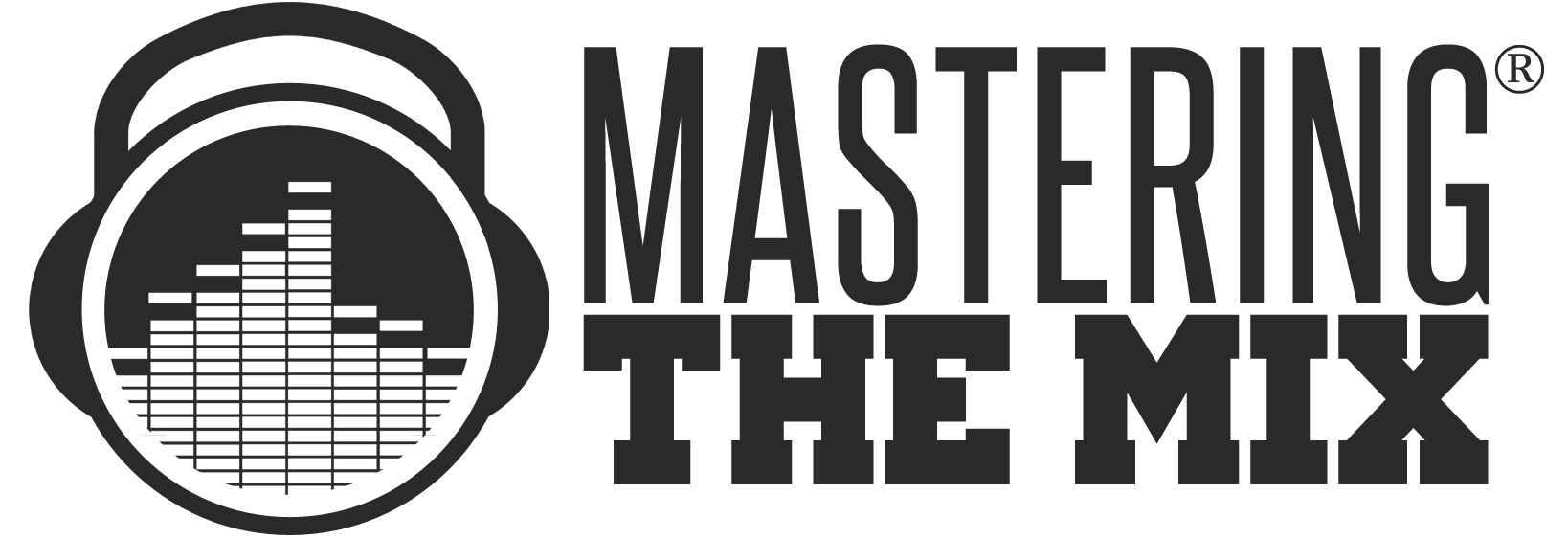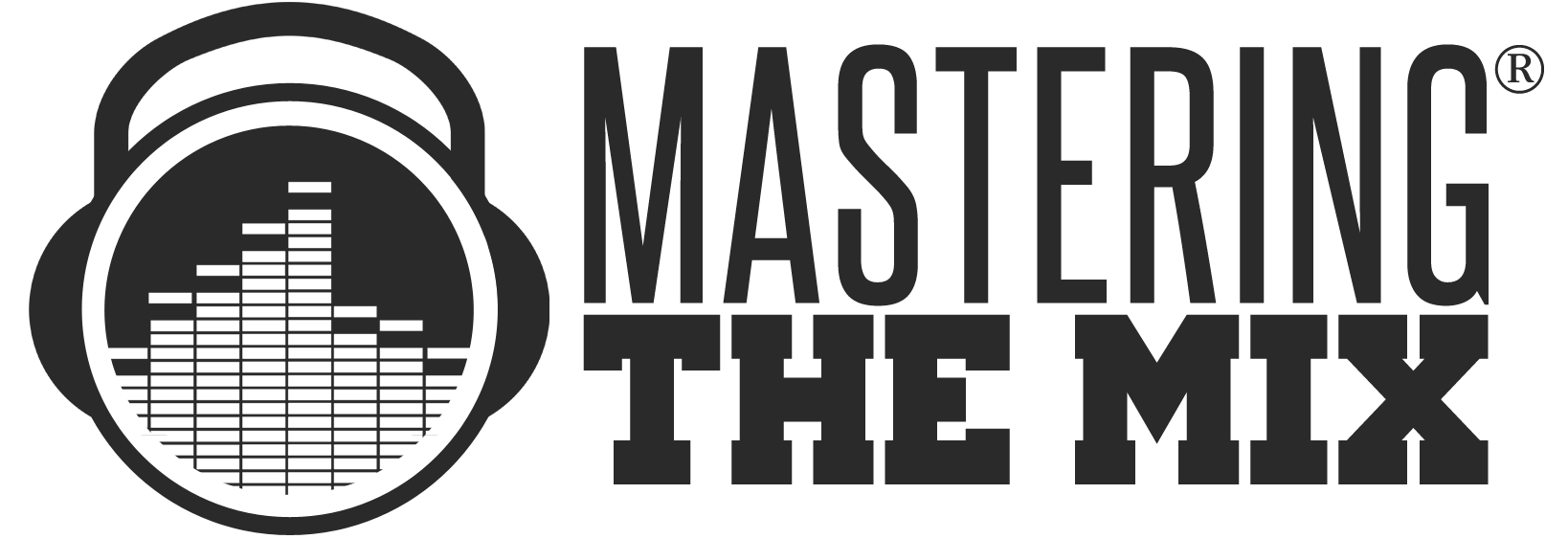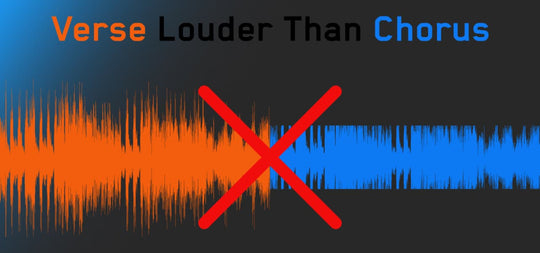
How To Give Your Chorus A Bigger Impact
TL;DR: Alex’s chorus lacked impact, making his track feel underwhelming. To fix it, we focused on dynamic contrast (so the drop slaps like it should), cleaning up the first beat (so the impact is...
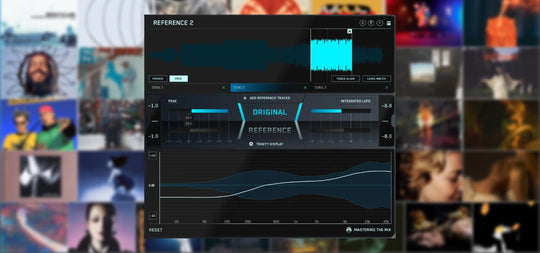
Best Reference Track For All Genres
Blog Post Using a high-quality reference track is one of the most effective ways to achieve professional-sounding music. It keeps your mixing and mastering process focused ...
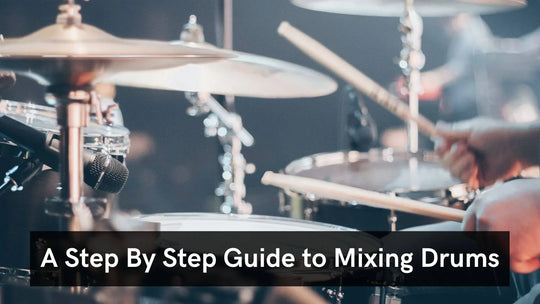
A Step-by-Step Guide to Mixing Drums
The drum kit isn't just another instrument in your track—it's the heartbeat of modern music. With its dynamic range of drums and cymbals spanning the full frequency spectrum, it sets the groove, en...
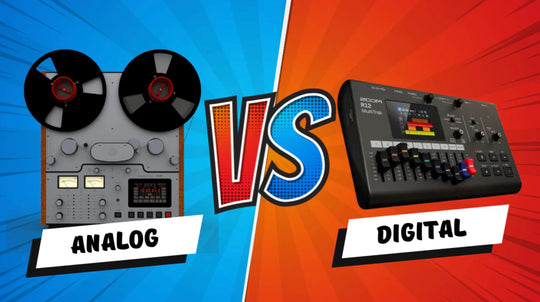
Analog Vs. Digital: Exploring the Pros and Cons
Wanna have some fun? Gather a bunch of recording engineers together and ask them which is better: analog or digital. The pandamonium that follows is sure to be entertaining. Needless to say, both a...
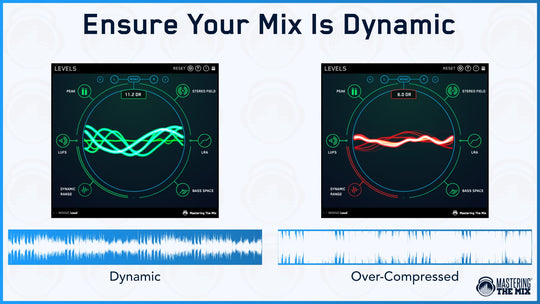
The Ultimate Guide To Preparing For Mastering
Are you tired of spending countless hours in the studio perfecting your mix, only to end up with lacklustre results after mastering? Do you want to take your music to the next level and achieve t...
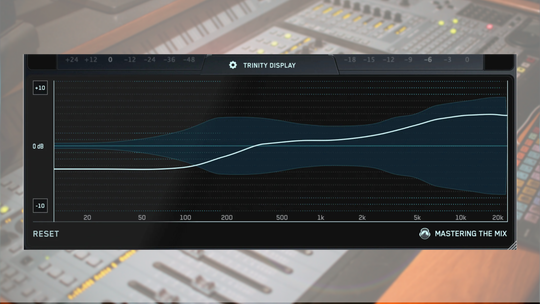
The Most Powerful Feature in REFERENCE: The Level Line
Our REFERENCE plugin is jam-packed with powerful features that are guaranteed to transform your music productions. That said, REFERENCE's most formidable tool is also one of its most understated: t...
